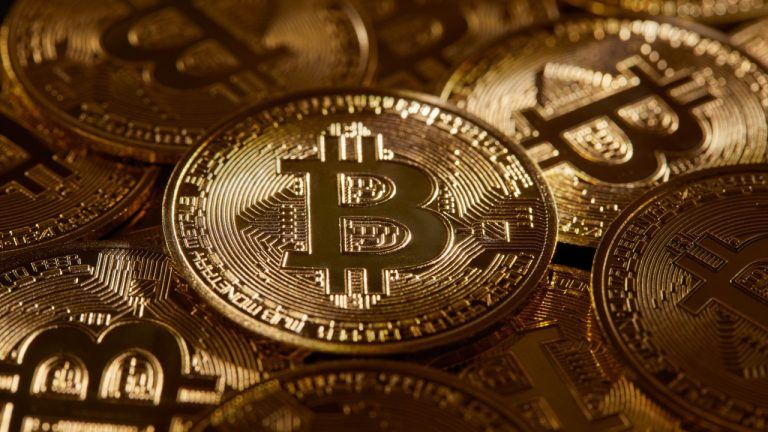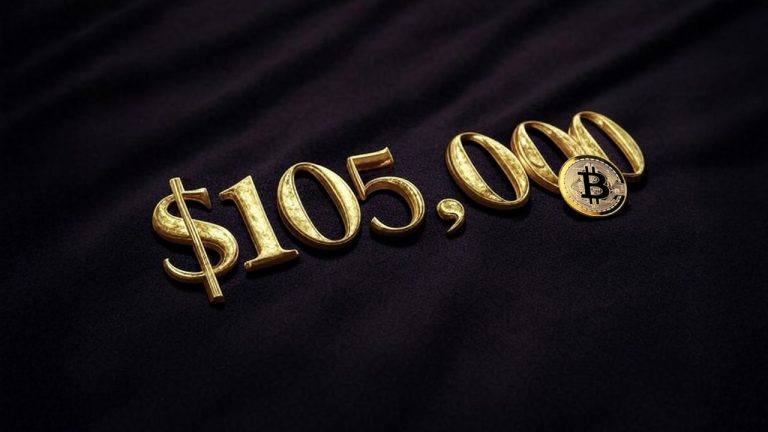
OKX, Kucoin say proof of reserves will be ready in a month

Similar protocols are used by Kraken, Bitmex, Gate.io, and many other exchanges, but were not used by FTX.
In the wake of the FTX liquidity crisis, two major crypto exchanges have announced that they will provide Proof of Reserves, also known as Proof of Funds (PoF) within the next month.
In an official tweet, OKX stated “We’re hiring Armanino for auditing & will publish an auditable Merkle POF asap.” The company then listed 23 BTC addresses and 13 Ethereum addresses containing some of the exchange’s reserves.
For #OKX, transparency, risk management, & consumer protection come first.
We’re hiring Armanino for auditing & will publish an auditable Merkle POF asap.
Here are 23 BTC addresses (~69K BTC) & 13 ERC20 addresses (~ $2+ BN) as a of our reserves for users to verify.
— OKX (@okx) November 9, 2022
In an earlier tweet, OKX had stated that their PoF would be done “in the coming weeks (within 30 days).” This timeline has now been updated to “asap.”
It’s critical for all major crypto venues to publicly share their auditable merkle tree proof-of-reserves or POF.
We plan to publish ours in the coming weeks (within 30 days). This is an important step to establish a baseline trust in the industry.
More to come…
— OKX (@okx) November 8, 2022
CEO of Kucoin Johnny Lyu also announced that Kucoin will be providing Proof of Reserves “in about one month.” He said Kucoin will be working with “authoritative auditing institutions” to make sure that the Proof of Funds accurately represents the assets on hand.
I’d like to give my sympathy for anyone who has been hurt by the current FTX situation. Hopefully, everything can be resolved quickly and the industry can get back on track.
— Johnny_KuCoin (@lyu_johnny) November 9, 2022
Proof of Reserves is a technique used by some crypto exchanges to provide proof that they have enough assets to handle all withdrawals. A reputable third-party auditor records all customer balances and converts them into a cryptographic Merkle Tree. This anonymizes the data to protect privacy, but it also allows users to compare the total balances held by customers with the total assets the exchange has on hand.
Similar protocols are used by Kraken, Bitmex, Gate.io, and many other exchanges, but were not used by FTX. CZ of Binance recently argued that all exchanges should provide PoFs to make sure that an exchange is not using “fractional reserves.”
Go to Source
Author: Tom Blackstone









